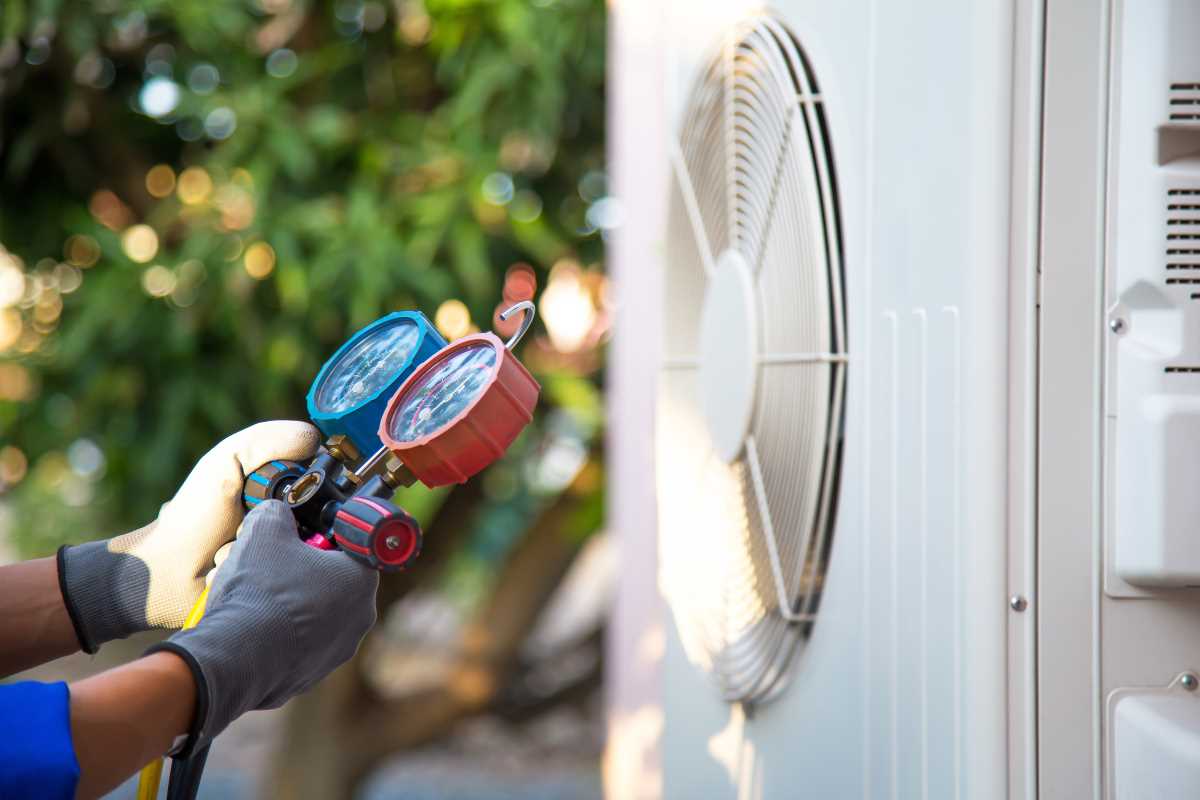Maintaining a comfortable home environment depends heavily on a properly functioning HVAC system. These systems regulate the temperature and air quality inside your home, making them essential to daily life. Yet, they are often overlooked until something goes wrong. Scheduling routine HVAC maintenance is a simple but crucial step in ensuring your system operates efficiently, lasts longer, and avoids unexpected breakdowns. Preventative care not only saves you money in the long run but also improves energy efficiency and contributes to a healthier living environment. By learning what’s involved in regular upkeep and how to prioritize these appointments, you can keep your HVAC system performing at its best year-round.
Why Routine Maintenance Matters
Your HVAC system works hard throughout the year, combating both sweltering summers and icy winters. Over time, this constant use leads to wear and tear, making it harder for the system to function efficiently. When neglected, even minor issues can escalate into costly repairs or a complete system failure. Regular maintenance addresses small problems before they turn into big ones.
Efficiency is one of the key benefits of routine care. A well-maintained system uses less energy to heat or cool your home, which translates into lower utility bills. Dirt-clogged filters, worn-out components, or refrigerant leaks force your HVAC system to consume more energy, increasing costs and placing unnecessary stress on its components.
Routine maintenance also extends the lifespan of the system. Replacing HVAC units is a significant expense, but regular check-ups can add years to the life of your heating and cooling system. Proactive care helps prevent breakdowns and keeps essential components like the compressor and blower running smoothly.
Perhaps most importantly, regular maintenance contributes to a safer and healthier home environment. Your HVAC not only regulates temperature but also filters the air circulating throughout your house. By maintaining clean and functional filters, you reduce airborne allergens, dust, and bacteria, creating better air quality for you and your family.
What Routine HVAC Maintenance Typically Includes
Professional HVAC maintenance involves a series of inspections, cleanings, and calibrations to keep the system in top condition. These appointments are typically conducted by licensed technicians and are designed to be thorough and preventative.
One of the most critical elements is filter replacement. Dirty or clogged filters can restrict airflow, making your system work harder and reducing efficiency. During service visits, technicians check the condition of the filter and replace it if necessary. Opting for high-quality filters with better filtration capabilities can further enhance air quality.
Another essential task is cleaning the evaporator and condenser coils. Over time, these coils gather dirt and debris, which impedes their ability to absorb or release heat. A clean coil ensures the system can maintain the desired temperature without straining itself or using excess energy.
Inspecting electrical connections is another step in the process. Loose or corroded connections can cause your HVAC system to operate less effectively or even pose safety risks like electrical fires. Technicians tighten and inspect wiring to ensure it meets safety standards.
Calibrating the thermostat ensures the system runs optimally based on your desired temperature settings. A poorly calibrated thermostat can cause your HVAC system to cycle on and off unnecessarily, wasting energy and increasing wear on its components.
Lubricating moving parts reduces the friction inside the system, which can lead to overheating and greater wear over time. Additionally, refrigerant levels are checked to ensure the system cools effectively, as a refrigerant deficiency can lead to frozen coils or inefficient operation.
Ventilation systems are also examined to identify blockages or leaks. Clean and sealed ductwork improves airflow efficiency and ensures that conditioned air reaches every part of your home without being wasted.
Scheduling Maintenance at the Right Times
Consistency is key when it comes to HVAC maintenance. Ideally, you should schedule check-ups twice a year, once before the cooling season and again before winter. Early spring and early fall are optimal times for this preventative care, as technicians are usually less busy and appointments easier to secure.
Seasonal maintenance ensures your system is prepared for the demands of extreme weather. A spring check-up will focus on cooling components like the air conditioner and refrigerant, while a fall visit will prioritize your furnace or heat pump.
Last-minute or emergency consultations tend to be more expensive, as they often occur during peak demand. Preventative visits scheduled in advance save both money and time by addressing minor issues before they escalate into costly emergencies.
HVAC service companies often offer maintenance plans or service agreements, which include regularly scheduled inspections as part of a package. These plans can simplify the process of staying on top of upkeep while offering benefits like discounts on repairs or priority scheduling.
Signs That Maintenance is Overdue
Even with a regular maintenance schedule, it’s important to recognize the signs that your system may need additional attention. Unusual noises, such as banging, screeching, or rattling, can indicate loose or damaged components. Similarly, uneven heating or cooling suggests that something is blocking proper airflow or that the system isn’t operating efficiently.
Spikes in your energy bills are another clear indicator. If your usage habits haven’t changed but your bill has grown noticeably, it’s likely your system is using more energy than it should due to underlying inefficiencies.
Odors coming from your vents, such as musty or burning smells, may mean dirt or debris has built up within the system. Ignoring these signs can result in reduced air quality and potentially harmful conditions like mold growth.
A system that short cycles, meaning it frequently turns on and off, may also need immediate attention. This pattern places added strain on the HVAC components and is often a sign that internal parts need cleaning or adjustment.
By staying alert to these signals, you can address issues promptly and keep your system running reliably between scheduled tune-ups.
The Cost of Neglecting Maintenance
Skipping routine maintenance may seem like a way to save money upfront, but it often leads to greater expenses down the line. Without periodic care, small issues like a dirty filter or a loose wire can compound into major problems. Emergency repairs or complete replacements are far costlier than a standard maintenance appointment, which averages a fraction of those expenses.
An inefficient system also drives up long-term energy costs. Neglect causes stress on parts like the compressor, which may fail earlier than expected, leading to additional out-of-pocket replacement costs.
Furthermore, a neglected system can create health risks for occupants. Poor air circulation, stagnant moisture, or dusty filters contribute to indoor air pollution, which can exacerbate respiratory conditions like asthma or allergies.
Finding the Right HVAC Maintenance Provider
Selecting a reliable and experienced HVAC service provider is critical to getting the most out of your maintenance efforts. Look for licensed technicians with solid reputations and a history of quality service. Reviews, referrals, and professional affiliations can offer important insights into a company’s reliability and expertise.
Ask whether the service provider offers guarantees or warranties on their work, as these indicate a confidence in the quality of their service. Transparent pricing is another factor to consider; you should receive a detailed breakdown of what each maintenance service includes before agreeing to it.
Establishing a long-term relationship with a trusted provider can streamline the scheduling process and make it easier to address emergencies if they arise. Regular communication with trained professionals helps ensure your HVAC system remains in excellent condition year after year.


.jpg)




